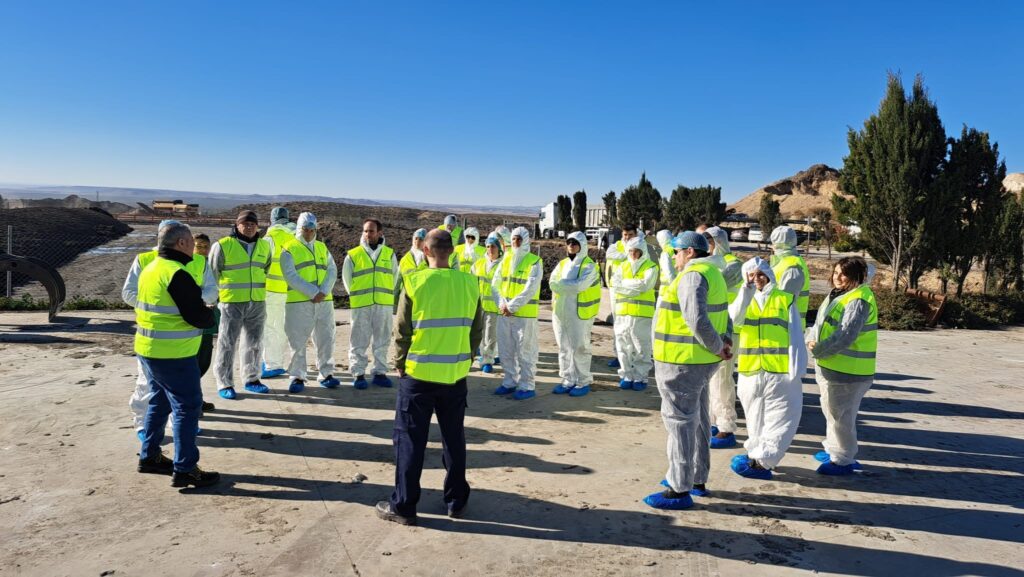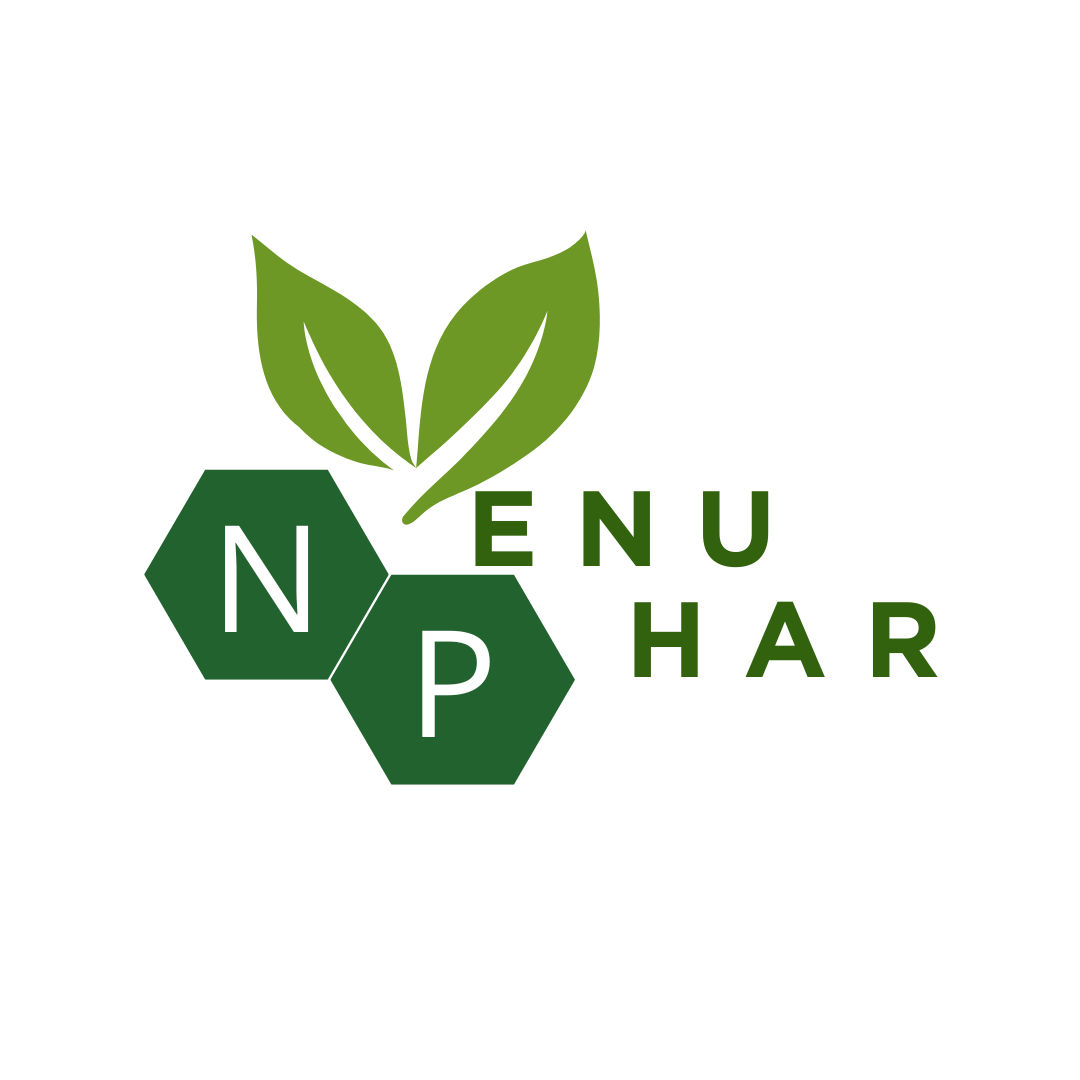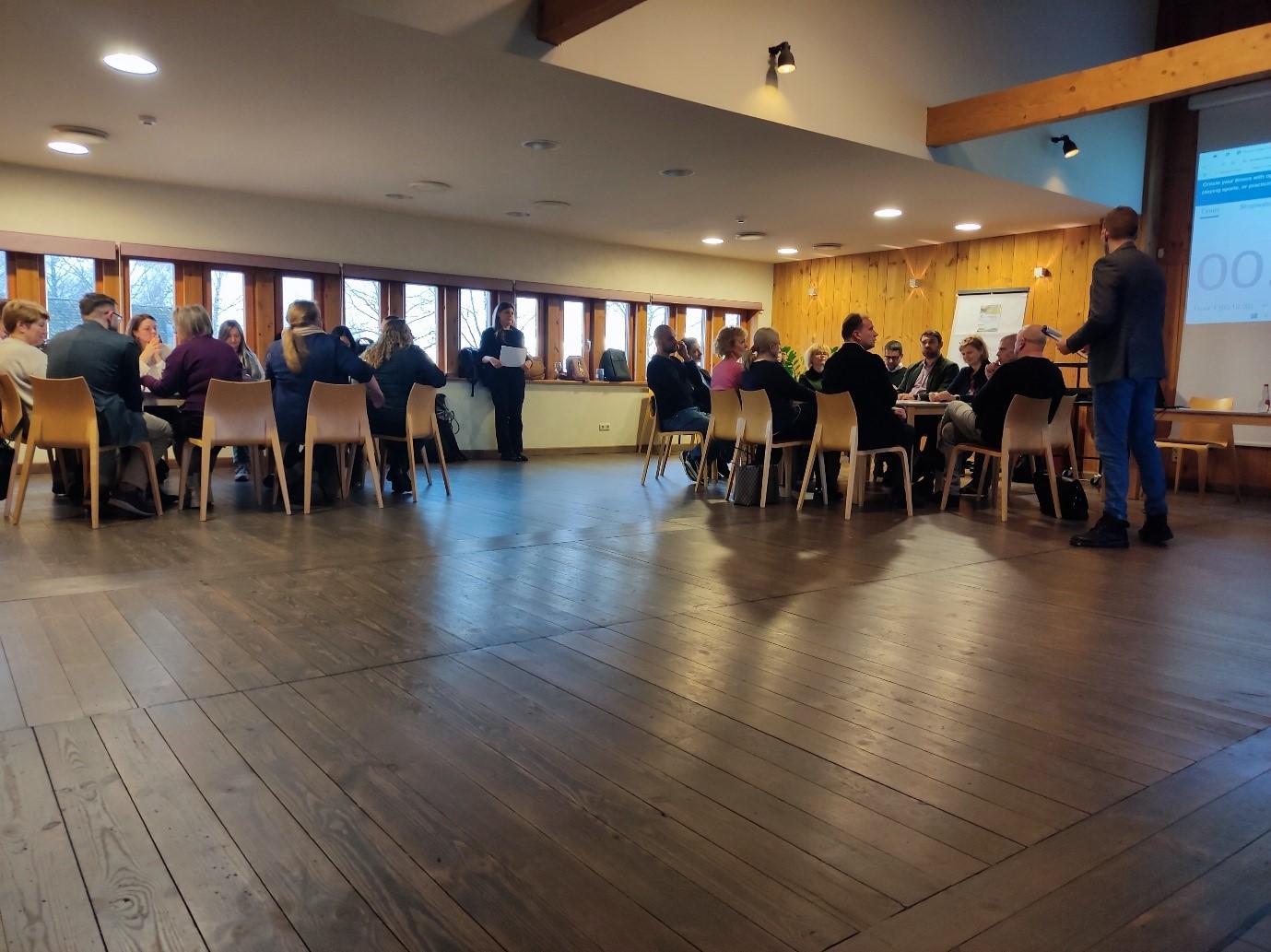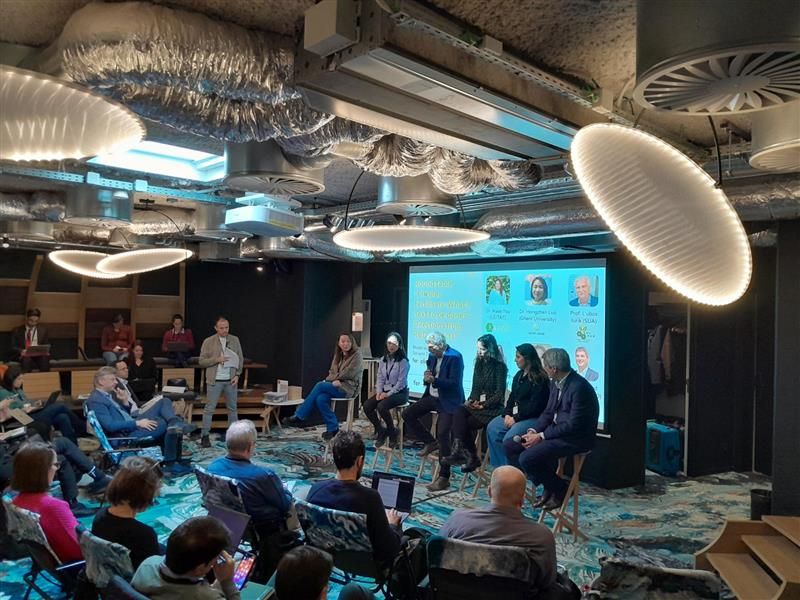The Nenuphar project successfully kicked off with its first meeting in Zaragoza, Spain, on November 22-23, 2023, bringing together project partners from across Europe to discuss the path forward for tackling nutrient pollution and promoting nutrient recycling through innovative governance models. The meeting provided an opportunity for all partners to align on the project’s objectives, share insights on key work packages, and strengthen collaboration across the consortium.
The first day of the event featured introductions from all partner organizations, offering a deep dive into their roles within the project. The agenda covered a comprehensive review of the project’s goals, expected outcomes, and key deliverables. Presentations by various WP leaders included topics such as governance models (WP2), value chains opportunities (WP3), regulatory and economic instruments (WP4), and demonstration activities (WP5).
The second day focused on more specific aspects, including the presentation of the three river basin demonstration sites in Spain, Hungary & Slovakia, and Latvia & Lithuania. These demos will test and demonstrate the potential for bio-based fertilizers (BBFs) derived from waste, including pig manure, sewage sludge and wastewater, to reduce nutrient pollution in agricultural regions.
A highlight of the kick-off meeting was the visit to the Gestcompost plant in Pina de Ebro, Zaragoza. This site is crucial for the Nenuphar project, where the valorization of pig manure and digestate will be demonstrated as a method for producing new BBFs. The plant features an anaerobic digester and an innovative ammonia stripper, designed to recover nutrients from two streams: liquid fractions of digestate and pig manure. This technology aims to address nutrient pollution and improve agricultural practices by providing sustainable fertilizers for high-intensity farming areas.
The meeting set the stage for a collaborative effort that will not only advance nutrient recovery technologies but also establish new governance frameworks that promote dialogue and cooperation for environmental sustainability.




